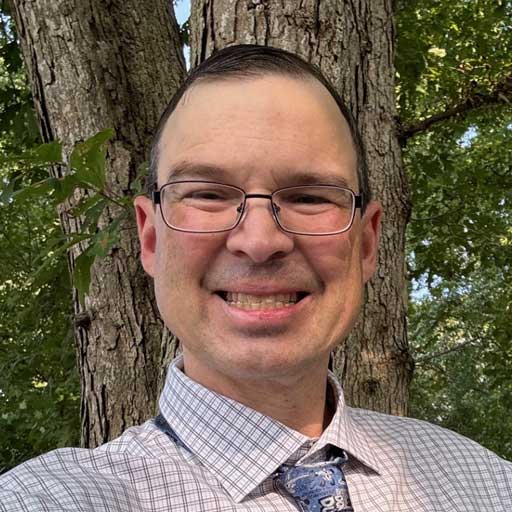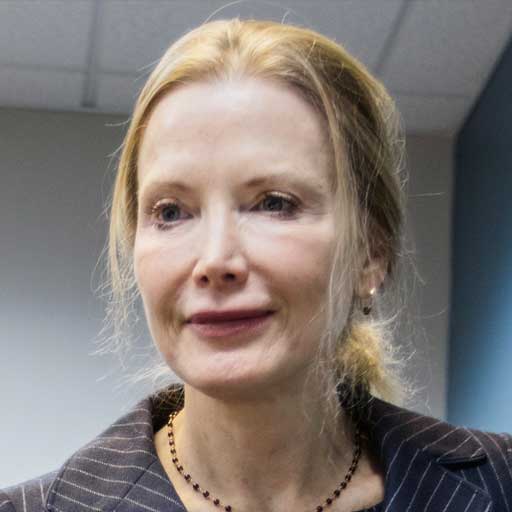Join S&PAA and a panel of leading experts on March 12 at Noon ET to talk about the implications of FDA’s momentous decision to eliminate its clozapine REMS restrictions.
We’ll discuss what pharmacies, insurance companies, prescribers and others can do to help make clozapine accessible to the people who need it, and what people with schizophrenia can do in the meantime.
The announcement of the REMS removal has led to a flurry of questions among clozapine stakeholders about how to cut through the complicated web of insurance rules and other barriers that people with schizophrenia, prescribers and pharmacies have faced for years.
Register now to secure your spot and get your questions answered!
The cognitive symptoms of schizophrenia can have a significant negative impact on a person’s employment, ability to attend school and social functioning. Cognitive problems can lead to social isolation, which can worsen symptoms and make relapses more likely. They also can prevent a person with schizophrenia from being able to live independently.
While cognitive impairment can be present even before the first symptoms appear, it is not always obvious. As a result, it’s not always considered a key component of schizophrenia or an important treatment target. In this webinar, a person diagnosed with schizophrenia, a caregiver and a clinician will discuss the real-world impact of cognitive symptoms and the importance of treating them to optimize a person’s ability to re-integrate into their social environment, school, work and society.

Bethany James
Living with schizophrenia

Matt Petersen
Caregiver

Dr. Susan R. McGurk, Ph.D.
Clinician

Dr. Peter Weiden, M.D.
Psychiatrist
Join S&PAA and a panel of leading experts on March 12 at Noon ET to talk about the implications of FDA’s momentous decision to eliminate its clozapine REMS restrictions.
We’ll discuss what pharmacies, insurance companies, prescribers and others can do to help make clozapine accessible to the people who need it, and what people with schizophrenia can do in the meantime.
The announcement of the REMS removal has led to a flurry of questions among clozapine stakeholders about how to cut through the complicated web of insurance rules and other barriers that people with schizophrenia, prescribers and pharmacies have faced for years.
Register now to secure your spot and get your questions answered!
Speakers to be announced soon!
Learn about the implications of FDA’s momentous decision to eliminate its clozapine REMS restrictions.
We discuss what pharmacies, insurance companies, prescribers and others can do to help make clozapine accessible to the people who need it, and what people with schizophrenia can do in the meantime.
The announcement of the REMS removal has led to a flurry of questions among clozapine stakeholders about how to cut through the complicated web of insurance rules and other barriers that people with schizophrenia, prescribers and pharmacies have faced for years.
This webinar series will explore how innovations in schizophrenia treatment can help people manage their disease – and how clinicians can work with their patients to achieve meaningful treatment outcomes.
The series takes a fresh approach by presenting diagnosed people’s perspectives side by side with those of clinicians and caregivers – providing strategies and insights in a more interactive environment outside of the doctor’s office.
Each webinar is focused on one of the main types of schizophrenia symptoms: positive, negative and cognitive. Featured speakers will use plain language to ensure all participants can understand and act on the information shared.
With proper treatment and support, many people with schizophrenia can achieve recovery, including returning to work or school, enjoying friendships and living a meaning-driven life. This webinar series is a resource to empower all of us – those living with the disease, caregivers and clinicians – with tools to help reach that goal.